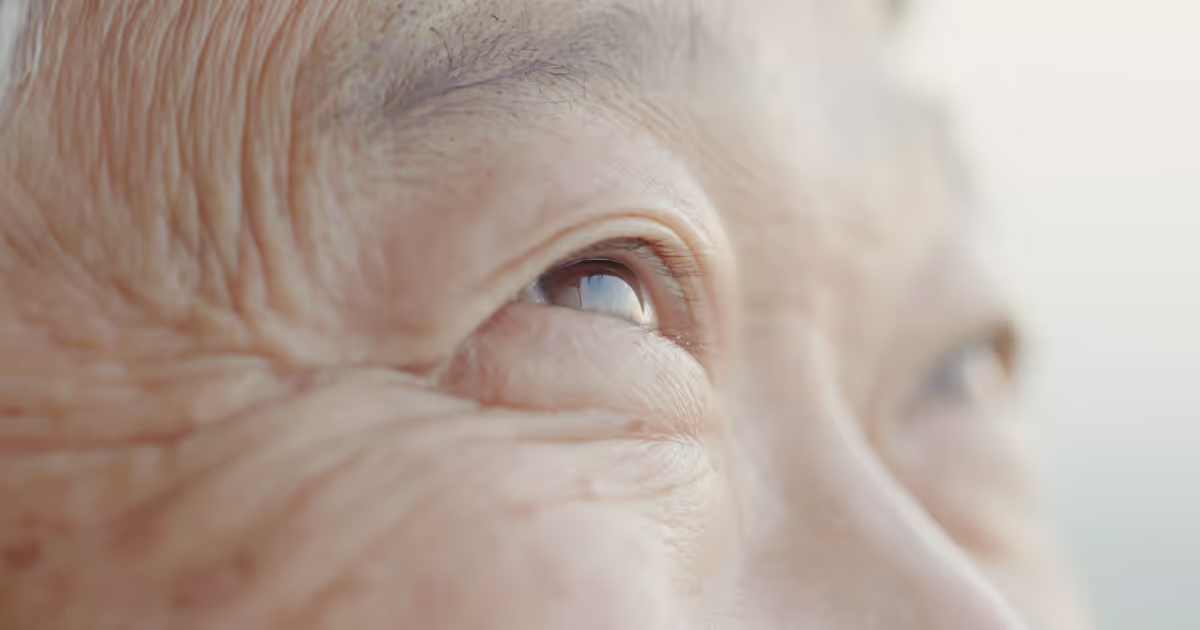Choose the content to read
Age-related Macular Degeneration (AMD)
Age-related Macular Degeneration is a common eye disease and a leading cause of vision loss in people over 50 years old. It can be categorized into dry and wet age-related macular degeneration.
Dry Age-related Macular Degeneration
The eye condition is due to aging characterized by the degeneration and thinning of the macula in association with drusen bodies, a breakdown product of retinal cell degeneration. The early symptoms include mild central vision blurriness causing problems recognizing faces or requiring brighter light to carry out activities. Some patients may have minimal blurry vision early on, but their vision, particularly central vision, gradually diminishes. One or both eyes can be affected.
Wet Age-related Macular Degeneration
It is caused by the growth of new blood vessels (neovascularization) into the macula. These new blood vessels are fragile and can easily rupture, causing bleeding or fluid leakage, swollen macular, and loss of retinal cells. If left untreated, it can lead to permanent macular degeneration and scarring. This eye condition can cause rapid vision loss. Early detection and treatment are critical.
Risk factors
- Older ages: This eye condition is common in people over 50 years old. The incidence of AMD increases with age.
- Heredity and family history of AMD
- Smoking increases the risk of AMD two to three-fold compared to non-smokers.
- Hypertension and hyperlipidemia
Diagnosis of macular degeneration
When patients start experiencing symptoms such as deteriorating vision, distortion of straight lines, and blurry central vision, they should have eye exams for refractive errors and pupil dilation to examine for retinal abnormalities. If there are suspicious lesions, the ophthalmologist may order additional tests such as fundus photography, optical coherence tomography, or fundus fluorescein angiography to confirm the diagnosis and assess the stage of the disease.
How to treat macular degeneration in the elderly
For dry AMD, there is currently no specific or effective treatment. However patients should have regular eye exams because dry AMD can progress to wet AMD. It is crucial to monitor vision with an Amsler grid, a grid of intersecting horizontal and vertical lines with a dot in the center. If they begin to discern distorted grid lines with a dark area in the center, consultation with the ophthalmologist to assess for disease progression is in order.
If patients have wet age-related macular degeneration, the standard treatment is the injection of anti-VEGF to reduce fluid leakage from the new blood vessels or laser photocoagulation. In patients with excessive bleeding into the vitreous fluid, a vitrectomy may be performed. The frequency and treatment modality depend on the severity and anatomy of the lesions of each patient. If the macula dries up after the injections of anti-VEGF, regular follow-ups are necessary because the risk of recurrence is high.
Frequently Asked Questions (FAQ)
- Question 1: What is Age Macular Degeneration?
Answer: Macular degeneration is caused by age-related degeneration. Dry degeneration is the deterioration of the retina and thinning of the center of the retina's visual perception. This is due to the waste that results from the breakdown of retinal cells. Wet degeneration is when the retina has abnormal new blood vessels growing in the area of the retina's macula. When blood vessels break This causes the macula to swell and causes the loss of retinal image cells - Question 2: At what age does Macular Degeneration occur?
Answer: Macular degeneration is often found in people over 50 years of age, which increases with increasing age. - Question 3: Macular degeneration What are the symptoms?
Answer: There are 2 types of macular degeneration: Dry macular degeneration. There will be symptoms of blurred vision, making people's faces unclear. More lighting is required. Wet macular degeneration symptoms There is often bleeding or fluid leaking outside the blood vessel. This causes the macula to permanently deteriorate and become a scar. This causes vision loss quickly.






